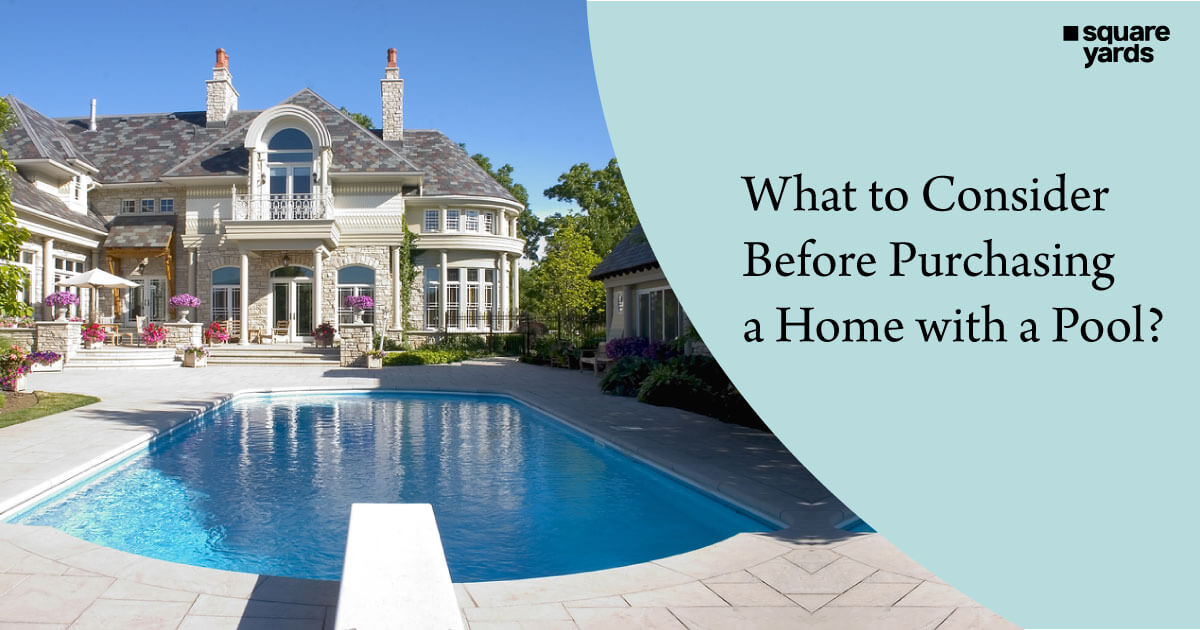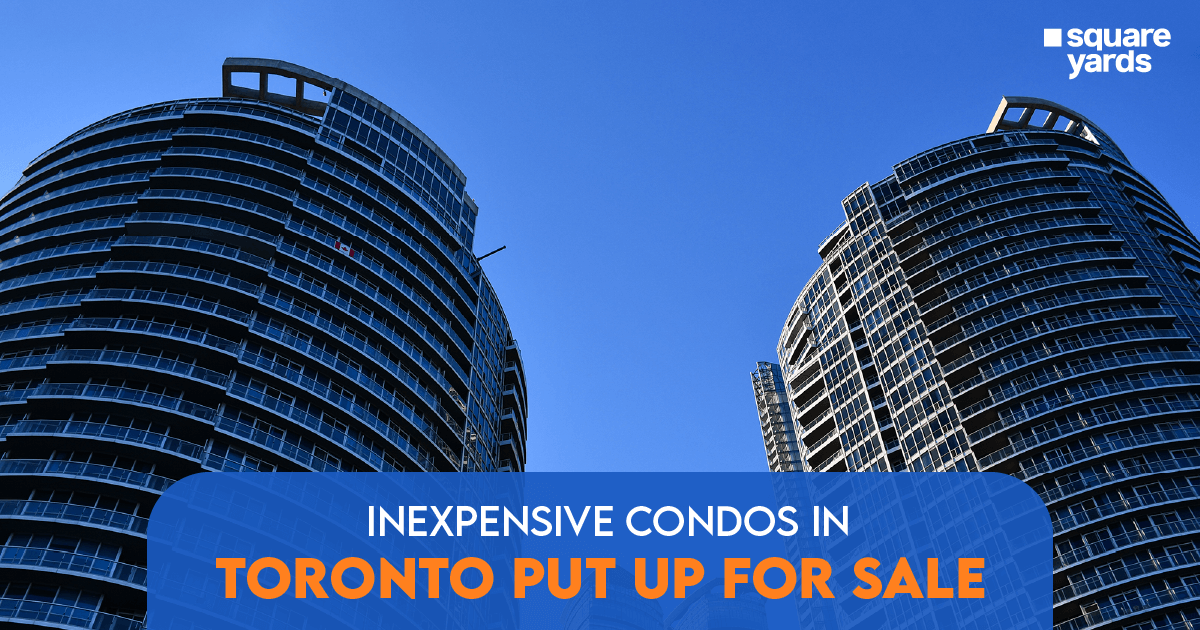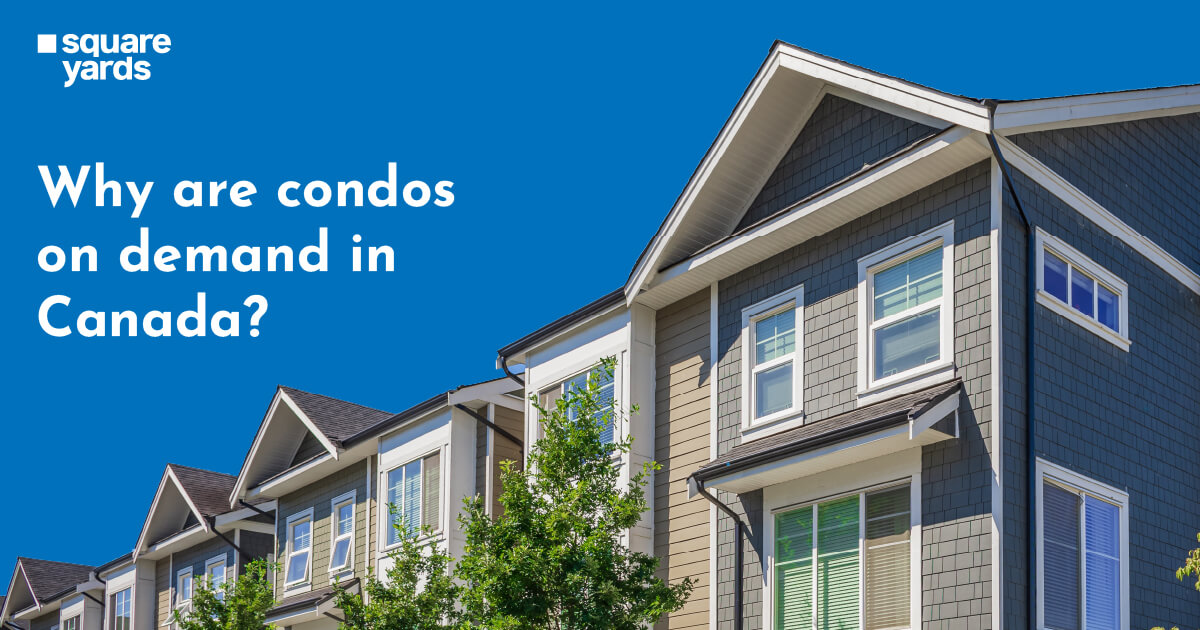After a long property hunt, you finally find a home that checks all the boxes and comes with a Buying a pool House. But it comes with its own set of maintenance rules. Swimming pools in homes can be a great asset and increase their value. It can also be a place to make fond memories with family and to relax during the summers. While all this seems exciting, some things must be considered before making an offer on such a property.
In this article, we’ll cover the pros and cons of buying a house in Canada with a swimming pool so that you can make an informed decision about whether or not this is right for you!
The Safety Aspect
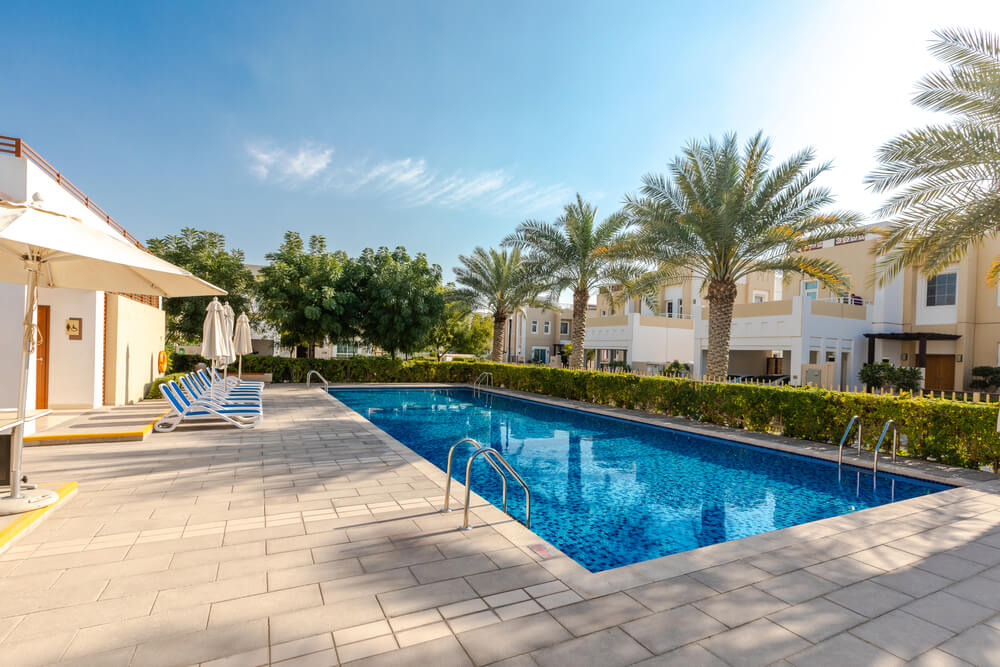
If you have small children or pets, safety regarding the pool should be on top of the list of things to consider. Before making an offer on the home, you should verify if the pool complies with existing state and local regulations. as a potential future pool owner, you must be aware of a concept called Pool owner liability. In short, it means that you are liable for any incidents that occur in your pool. It does not matter if you were not present or even unaware that someone had gained access to your pool.
You have to take specific steps to prevent such incidents and protect yourself from such liabilities. Ensure your pool areas are fenced and high enough so small children cannot get over them. Use self-locking gates so there are no chances of someone leaving the gate open in error. Install pool covers and keep the pool covered when not used and install pool alarms can alert you when the surface of the water is disturbed. All of the above can be a significant financial investment and is something you should consider.
Cost of Maintaining a Pool
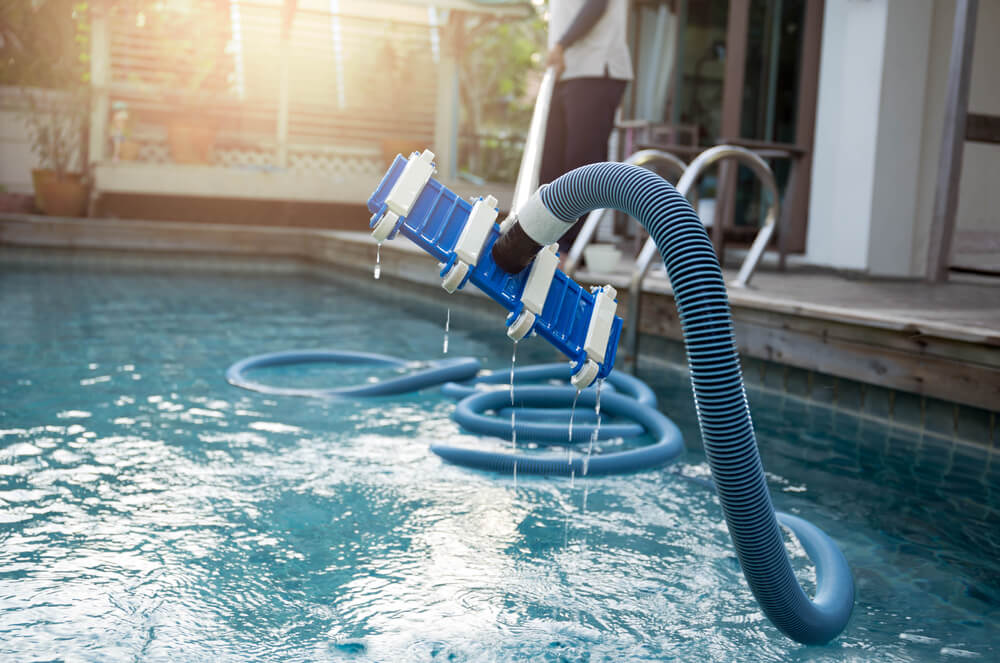
Swimming pools in homes can be a lot of fun, but the additional costs involved in owning a pool are another important point to consider. This amount can vary based on the type of pool, its size, how old it is and how often it is used. These additional costs can be broken down into 2 broad categories.
-
- Pool Maintenance : A swimming pool requires constant maintenance to keep it clean and to function correctly. Tasks like skimming the surface, maintaining the pH balance, changing the filters, vacuuming and so on have to be performed weekly to prevent your pool from becoming a bio-hazard. Though you can do most of these tasks yourself to try and save costs, it will take a significant amount of time and energy. If you are not a hands-on person, then you also have to consider the costs of hiring a professional to clean the pool regularly. If the pool is heated, you might also want to ask the owner how much that adds to your monthly utility bills.
- Insurance Costs : Swimming pools do not last forever. They deteriorate over time, and if your pool is not insured, it can turn out to be pretty expensive the next time it needs a major refit. Including your pool in your home insurance policy is always a good idea. It will increase your premiums and is, again, something you might want to consider before closing the deal on the house.
The Current State of the Pool
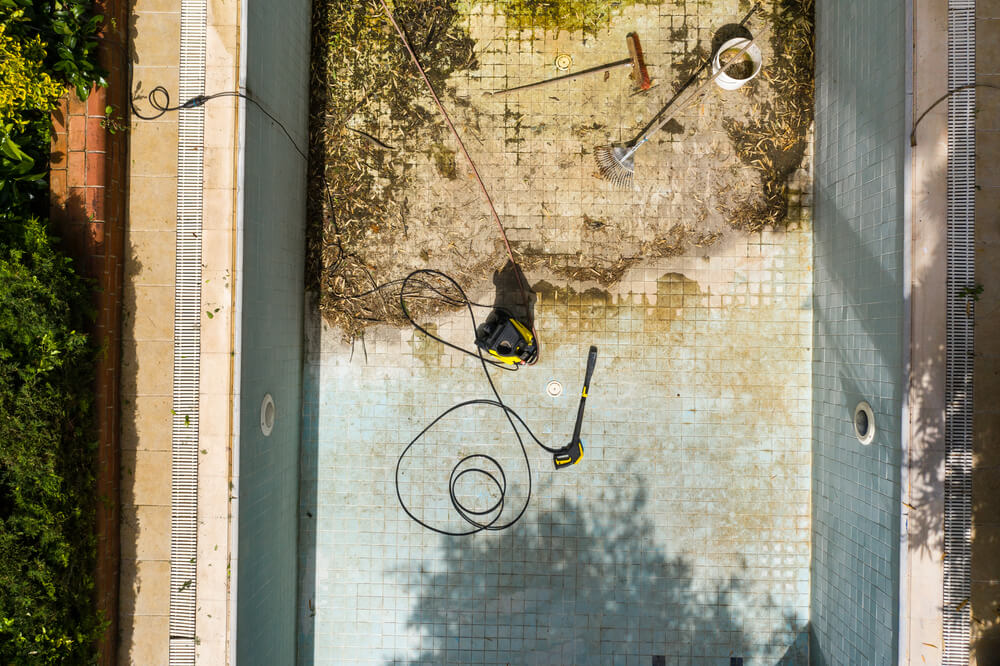
Before you even consider Buying a pool House, it’s crucial to get a good idea about the current state of your pool. Check for any leaks or cracks in its structure, and inspect the pond liner, the pump’s condition, and its filters. If the pool is heated, check if the system works as it should.
Talk to the owner and see if they have records of the pool maintenance regularly.
-
- Generally, pools with pool liners last around 20 years, but the liners must be replaced every 7 years or so.
- Pools made out of concrete can last up to 25 years but must be resurfaced every 10 years.
- Pools made out of polycarbonate are the most durable and can have a lifespan of around 35 years.
If the home you are looking at is pretty old, you could be looking at a major home renovation down the line, which can cost you a lot of money. You can also use this as a point to negotiate with the owner.
Maintaining a Pool During the Off-Season
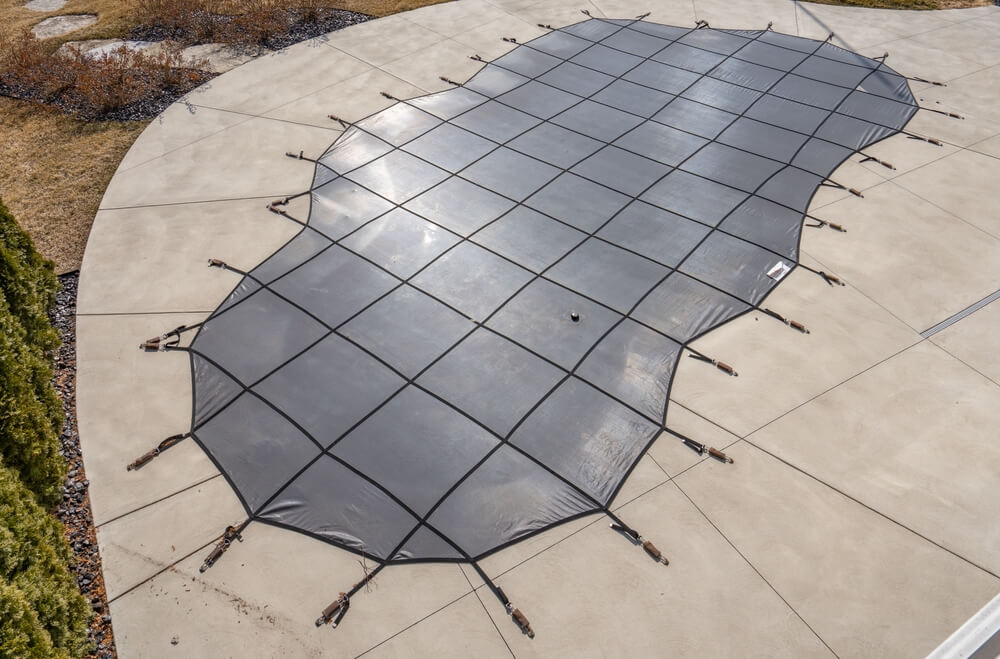
If you live in a country that experiences winter and is looking to Buying a pool House during that season, there is a good chance that the pool will be closed. This is a process called winterization and is done to increase the pool’s lifespan and as a safety precaution to prevent any mishaps.
Looking for a home with a pool during the winter months can be tricky. In the event you are not able to see the pool when it’s in use, it’s can ask the current owner for photographs of the pool and check the maintenance records. If professional companies are involved in the pool’s maintenance, then reach out to them to get a good read on the pool’s current condition. Take your time and make an informed decision before closing the deal.
Is It Possible to Get Rid of the Pool?
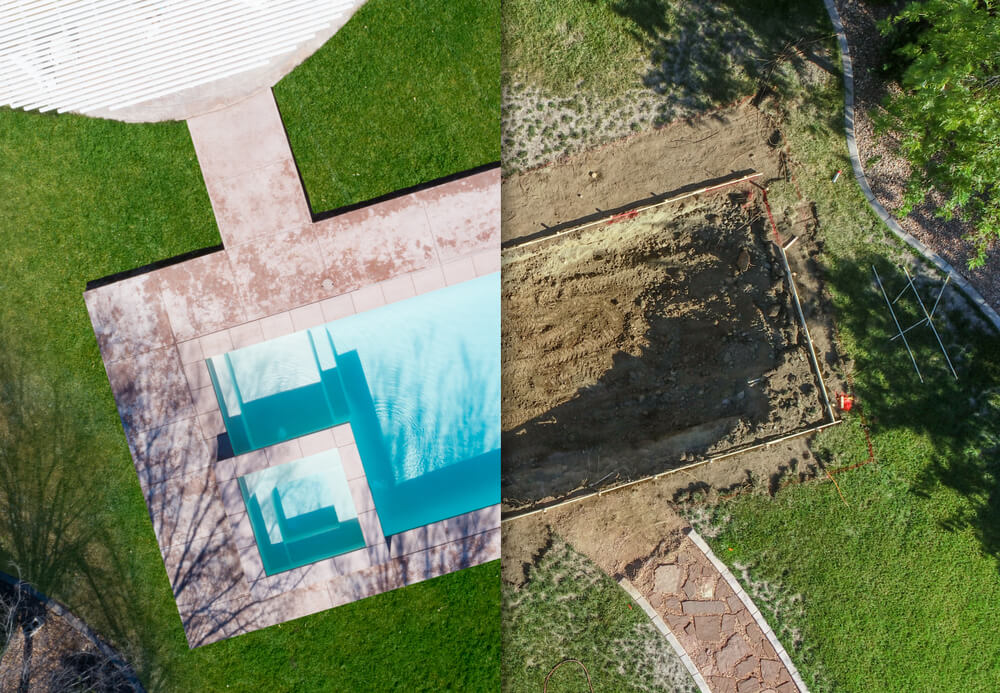
In some cases, the home you are looking at might check all your boxes, but the attached pool is something that is holding you back from closing that deal. If you are not a swimmer or don’t want to deal with the additional costs of maintaining a swimming pool or even prefer a larger yard in place of the pool, you can consider getting rid of it altogether.
There are a few things to consider here too. You can make a tiny profit by selling all the accessories and equipment of the pool, such as the pumps and filters, but you need to know that covering your pool can also cost you a pretty penny. You can fill it with mud and grow a lawn or cover it up and convert that space into a deck; both will incur high costs as well.
Jumping to the Conclusion
If you’re considering buying a house with a swimming pool in Canada, make sure you do your research. There are many factors to consider before purchasing a home with a pool. You need to be aware of safety issues, the recurring costs of owning one and the cost of refurbishing based on the current state of the pool itself. A swimming pool is a good addition to your home, it can give you and your family a place to relax, and swimming is a good source of exercise. Just make sure to do your due diligence before you close the deal.
You May Also Read :
| Home Automation System | Guide to Smart Home Conversion |
| First Time Home Buyer in BC | Buy Your Dream House in British Columbia |
| Investment in Property | Guide to Long Term Investment in Property |
| First Time Home Buyer | Requirement of First Time Home Buyer |
| Money Saving Tips | Money Saving Tips for Homebuyers in Canada |
| Benefits of Homeownership | Homeownership Trends Over the Years |
Frequently Asked Question (FAQs)
You can use various materials inside a pool house, such as porcelain, wood-plastic composite, limestone and slate, to name a few. The materials used in a pool house should not retain heat to allow people to walk barefooted, should not react with the chemicals in the pool water, have a non-slip surface and, most importantly, not get damaged by constant exposure to water.
A swimming pool requires regular maintenance. Tasks like skimming, vacuuming, maintaining the correct chemical balance, cleaning out the filters, and so on must be performed weekly. If you can afford it, you can employ a professional pool cleaning service to do it for you, or you can invest a significant amount of your time and effort to do it yourself.
The main disadvantages of having a pool are the additional cost's of insurance and regular maintenance. There is also the threat of Pool owner liability if you have not invested in the necessary safety features for your pool.
As of 2022, the city of Phoenix in the USA has the highest number of pools. About 37% of all homes in Phoenix have a swimming pool. What are the materials used inside a pool house?
Is it difficult to maintain a pool?
Does a pool increase house's value?
What are the main disadvantages of having a pool?
Which city has the most houses with pools?

